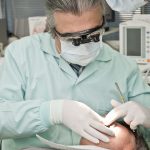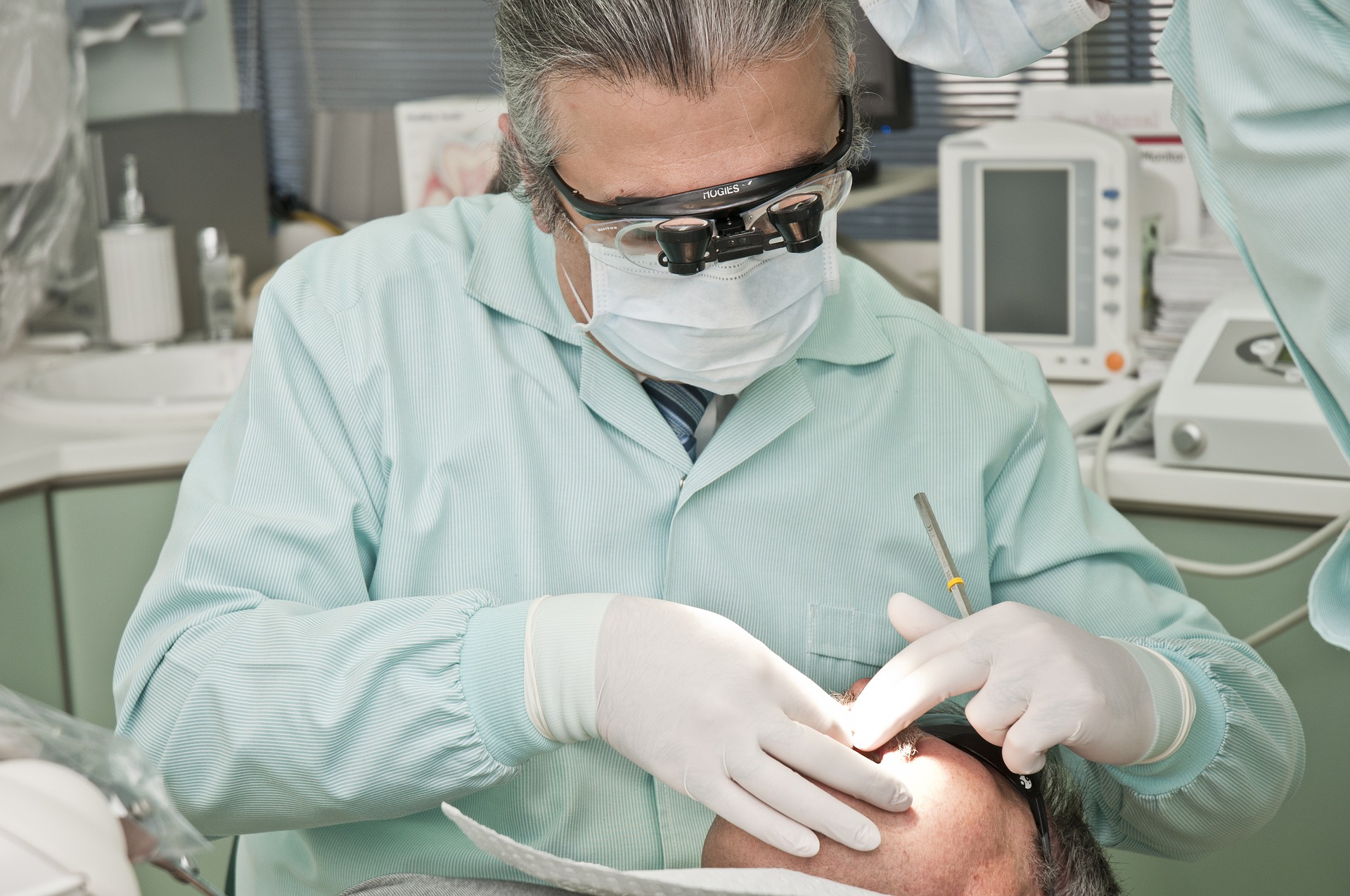Podiatrist: How Podiatry and Rheumatology Manage Foot Disorders in Autoimmune Diseases
Conditions of autoimmunity, characterized by the body’s immune system incorrectly assaulting its own tissues, often cause a variety of symptoms impacting various organs and systems. The parts regularly affected are the feet and ankles, in which symptoms of autoimmune conditions may result in substantial discomfort and limit mobility. In the realm of healthcare, podiatric specialist and rheumatologists form an essential partnership in dealing with foot-related issues emerging from autoimmune disorders. This article discusses the collaborative endeavors between podiatric care and rheumatology in addressing foot conditions linked to autoimmune conditions, emphasizing the significance of thorough care and customized strategies.
Foot Manifestations of Autoimmune Diseases
Autoimmune-related ailments, including rheumatoid arthritis (RA), lupus (systemic lupus erythematosus), psoriatic arthritis, and scleroderma, often show with unique foot manifestations. Such may include joint pain, swelling, deformities, changes in skin texture, and inflammation of tendons and ligaments. In situations of rheumatoid arthritis, for instance, the foot abnormalities include hallux valgus (bunion), hammer toes, and dislocation of the metatarsophalangeal joints, every one of which can greatly affect mobility and overall standard of life. Understanding these foot-specific manifestations is crucial for precise identification and individualized therapy strategies.
Collaborative Care Approach: Podiatrists and Rheumatologists
thesapodiatryclinic.com.au podiatrists and rheumatologists utilise a cooperative care method to thoroughly treat foot ailments in autoimmune disorders. Via close communication and reciprocal appreciation of each profession’s capabilities, they formulate personalized treatment strategies that target the systemic and localized aspects of autoimmune conditions. Rheumatologists offer pharmacological treatment to manage inflammation and progression of the condition, while podiatrists concentrate on managing foot-specific problems, improving mobility, and avoiding issues.
Pharmacological and Non-Pharmacological Interventions
Drug-based therapies recommended by rheumatologists play a vital function in handling autoimmune disorders and their corresponding foot indications. Such could involve disease-modifying antirheumatic drugs (DMARDs), nonsteroidal anti-inflammatory drugs (NSAIDs), corticosteroids, and biologic agents. Additionally, podiatrists utilize non-pharmacological approaches like orthotic appliances, changes in footwear, physiotherapy treatments, and workout programs adapted to boost foot function, alleviate discomfort, and enhance mobility. Combining such methods assures a comprehensive treatment approach that addresses both the primary autoimmune disorder and its foot-related issues.
Surgical Considerations in Rheumatoid Foot Deformities
In instances of serious foot malformations arising from autoimmune disorders, operative treatment might be necessary to restore capability and ease pain. Podiatrists in Adelaide, frequently collaborating with orthopedic surgeons, perform various procedures like arthroplasty, arthrodesis, tendon relocations, and corrections of soft tissue to tackle deformities and stabilize joints. Operative interventions aim to boost weight distribution, rectify alignment, and optimize overall foot mechanics, consequently enhancing mobility and lessening the likelihood of subsequent issues.
Patient Education and Self-Management Strategies
Empowering patients with knowledge about their disorder and self-care strategies is crucial to the continual management of autoimmune-related foot ailments. Podiatrists and rheumatologists educate patients about methods for foot care, proper footwear selections, the value of consistent observation, and prompt identification of signs of inflammation or deteriorating conditions. Additionally, they counsel on lifestyle adjustments, such as exercise routines, bodyweight control, and techniques to minimize strain on the feet, promoting best foot health and general wellness.
Conclusion
In the realm of autoimmune conditions, pedal engagement offers distinct challenges that necessitate a multidisciplinary strategy for efficient management. Podiatrists and rheumatologists in Adelaide work together tightly to deal with pedal symptoms, employing a mixture of drug-based, surgic, and recovery-based approaches customized to specific patient needs. By working together, these clinical specialists endeavor to optimize treatment outcomes, boost mobility, and improve the life quality for individuals living with autoimmune-related pedal ailments.





